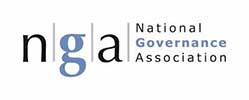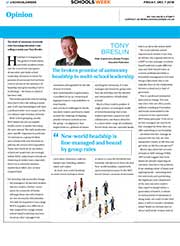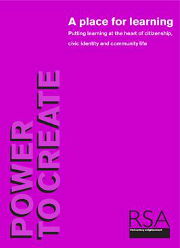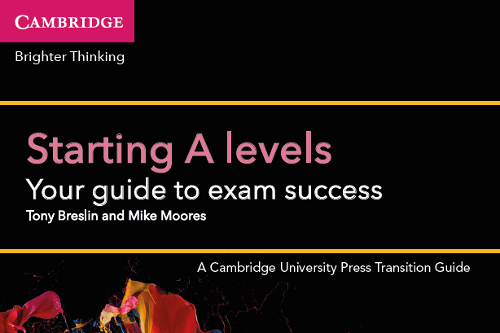












There are almost 300,000 school governors and nearly 600,000 charity trustess in the UK
RSA, 2017

"Agencies across the governance landscape need to work together to establish a cross-sector working group or commission on governance."
Recommendation 29
Who Governs Our Schools? (RSA, 2017)
Transform Governance is a joint venture between Breslin Social Impact and Permuto Consulting


Need consultancy support? We have access to a range of specialists across sectors, across functions, and across the UK and beyond. Contact us to explore possibilities.
Place learning at the heart of the prison experience
Monday 18th March 2024
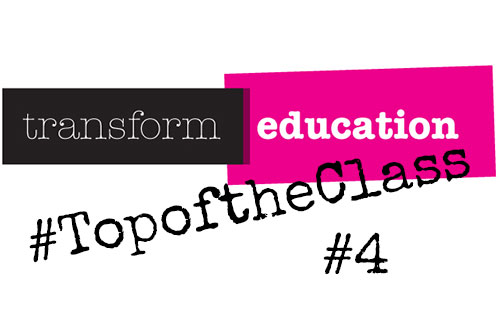
The challenge that a progressive government needs to address.
The prison population is overly-defined by the demographics of educational and societal disadvantage.
Thus, our prisons are disproportionately populated by those who have origins in the care system, by those from the most economically disadvantaged minority ethnic groups and, critically, by those with low levels of educational attainment and, specifically, low levels of literacy and numeracy, something that is ordinarily coupled with the absence of accredited workplace qualifications.
A statutory entitlement to education for all but those on the shortest sentences ought to be a signature policy for any progressive government, with educational progress a key component in the decision-making processes for parole and release.
In particular, this entitlement ought to feature literacy and numeracy development and apprenticeship or Higher Education access.
In effect, incarceration without education – especially in terms of basic skills and readiness for employability – is incarceration without the prospect of rehabilitation. No progressive government should tolerate that.
The proposed policy response
Establishing a pilot project across a limited number of prisons ought to be an achievable goal within the next Parliament and could be part of the broader transformation of criminal justice policy.
Within a decade, learning ought to sit at the heart of the prison experience, and education a practical demonstration of the state’s commitment to rehabilitation.
Tweet Share on Facebook

